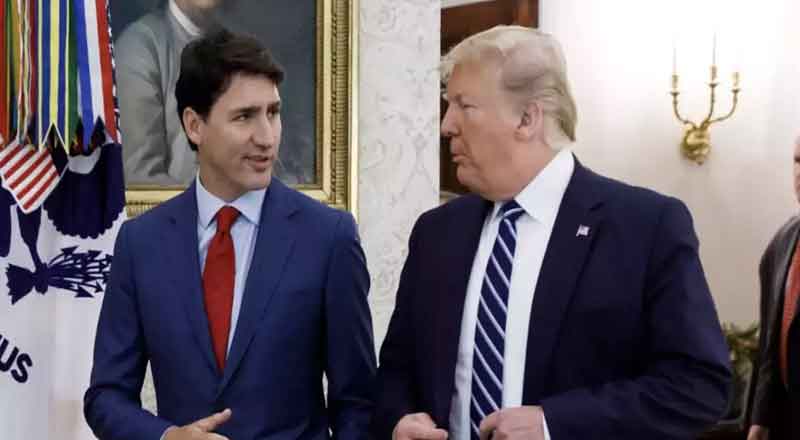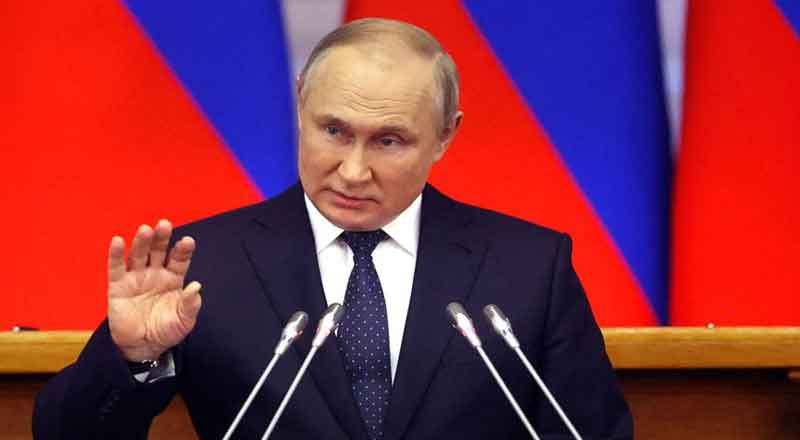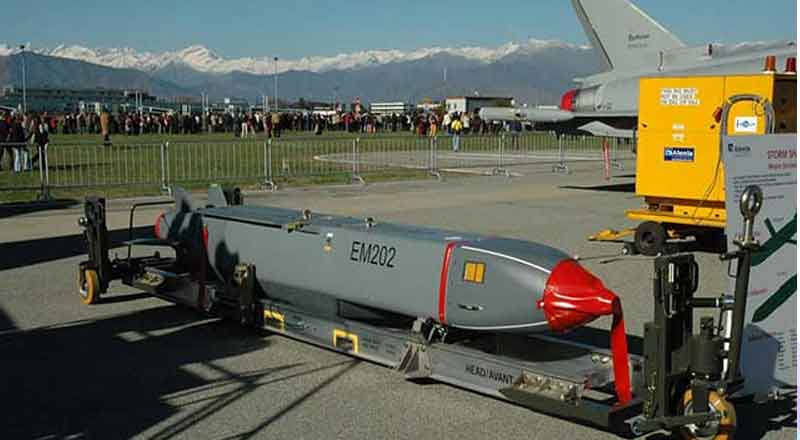An Uneasy Alliance Rekindled
Donald Trump’s return to the White House has sent ripples through global politics, sparking mixed reactions from leaders worldwide. Some leaders cautiously welcomed Trump’s comeback, while others, particularly those who have shared a tense relationship with him, face renewed challenges. Among them is Canadian Prime Minister Justin Trudeau, whose past conflicts with Trump have been marked by sharp disagreements and public clashes. Despite the formal congratulations Trudeau extended to Trump, analysts suggest that Trump’s victory could pose substantial challenges for Canada, particularly as Trudeau grapples with domestic pressures and questions surrounding his leadership. With a difficult path ahead, Canada’s economic stability, diplomatic relations, and progressive policies may all face new tests under Trump’s second term.
Economic Consequences: Trade Policies Threaten Canada’s Economy
During his first term, Trump’s trade policies focused on protecting American interests often at the expense of international partners, including Canada. Now, with his sights once again set on boosting American industry, the Canadian economy stands vulnerable to potential repercussions. Trump’s proposed 10% tariff on all imports is especially concerning for Canada, which relies heavily on trade with its southern neighbor. As the world’s fourth-largest oil producer, Canada also faces heightened risk from Trump’s pledge to increase U.S. energy production, which could undercut Canadian oil exports and reduce cross-border energy demand.
The Canadian Chamber of Commerce warns that a 10% import tariff could reduce Canada’s real income by almost 1% annually, with labor productivity potentially dropping by nearly the same margin. In the event of retaliatory tariffs by Canada or other nations, the economic toll could escalate even further, eroding real income by an additional 1.5% each year and dampening productivity by over 1.6%. These figures underscore the stakes for Canada, as the specter of trade wars looms. Trudeau, who had previously expressed that another Trump presidency would be a “step back” for Canada, now faces a challenging reality of managing these economic threats over the next four years.
The G7 Showdown: A Precedent for Future Tensions
The strained relationship between Trump and Trudeau is no secret, and one of the most vivid displays of their discord came at the 2018 G7 Summit, hosted by Canada. The summit ended in a diplomatic fallout when Trump abruptly departed, denouncing Trudeau as “weak and very dishonest” after Trudeau stated that Canada would impose retaliatory tariffs against U.S. tariffs on steel and aluminium. Trump’s withdrawal from the summit’s joint declaration highlighted a fundamental clash between the two leaders on trade policy and mutual respect.
This infamous G7 incident revealed both leaders’ contrasting approaches to diplomacy: Trudeau emphasized Canada’s values of cooperation and resilience, declaring that Canadians “will not be pushed around.” Trump, however, took offense, citing what he perceived as unfair treatment by Canadian tariffs and positioning himself as a defender of American economic interests. This tense episode marked the start of a rocky diplomatic relationship that is now poised to reignite under Trump’s leadership. If similar trade or diplomatic disputes arise, Trudeau will face renewed pressure to balance standing firm on Canadian principles with preserving a critical alliance.
Trump’s Personal Attacks: Conspiracy Theories and Public Insults
Trump’s personal animosity toward Trudeau has extended beyond policy disagreements into the realm of personal attacks and unfounded conspiracy theories. Over the years, Trump has occasionally insinuated—without evidence—that Trudeau is the son of former Cuban President Fidel Castro, referencing Trudeau’s mother’s visit to Cuba during her marriage. Though lacking credibility, this rumor demonstrates Trump’s willingness to use baseless claims to undermine Trudeau’s reputation.
Furthermore, a viral video from the 2019 NATO Summit captured Trudeau and other leaders allegedly mocking Trump. The footage led Trump to label Trudeau as “two-faced,” straining U.S.-Canada relations and reinforcing Trump’s distrust of his northern counterpart. With Trump back in office, these tensions could again play out on the world stage, as Trump has shown a propensity for airing grievances publicly and personally, a style starkly different from Trudeau’s more measured, diplomatic approach.
Diverging Social and Political Values
On social issues, Trudeau and Trump occupy opposing sides of the spectrum. Trudeau has been a staunch advocate for LGBTQ+ rights and reproductive freedom, positioning Canada as a progressive leader on these issues. Under his leadership, Canada has championed the rights of LGBTQ+ individuals, and Trudeau has consistently supported a woman’s right to choose. By contrast, Trump’s policies during his previous term included rolling back protections for LGBTQ+ individuals, such as banning transgender people from military service. Additionally, Trump’s appointment of conservative Supreme Court justices contributed to the 2022 decision to overturn Roe v. Wade, ending federal abortion protections in the U.S.
With Trump’s return, Trudeau may face increased pressure to address cross-border concerns on these issues, as Canada’s values clash with Trump’s conservative agenda. While Canada has historically offered sanctuary to individuals affected by U.S. policy shifts, Trudeau will likely need to consider the extent of Canada’s support for progressive causes that directly contrast with Trump’s administration. These diverging values could strain U.S.-Canada relations further and require careful navigation to prevent diplomatic rifts.
Diplomatic Hurdles: Navigating a Second Term with Trump
As Trudeau enters a new chapter of diplomatic relations with Trump, he must contend with both the economic and political challenges that a second Trump term presents. Analysts suggest that Trudeau’s approach will likely focus on pragmatism, aiming to avoid direct confrontations while safeguarding Canada’s core interests. However, the unpredictability of Trump’s leadership style makes it difficult for Trudeau to plan effectively for the future, as past conflicts have demonstrated Trump’s tendency to make abrupt, unilateral decisions that disregard traditional alliances and diplomatic protocols.
The stakes are high for Trudeau, who is already grappling with domestic challenges that include inflation concerns, a divided Parliament, and waning public approval. Another round of contentious dealings with Trump could not only strain Canada’s economy but also erode public confidence in Trudeau’s ability to manage international relations effectively.
A Challenging Path Forward for Trudeau
Trump’s return to the White House poses a formidable challenge for Justin Trudeau. The Canadian Prime Minister’s commitment to progressive values, multilateral diplomacy, and economic stability now faces new threats under Trump’s administration, where “America First” policies, personal attacks, and conservative social policies take center stage. Trudeau’s task will be to balance Canada’s interests with the reality of an unpredictable and assertive U.S. administration.
Moving forward, Trudeau’s leadership will be tested as he seeks to navigate these pressures while upholding Canada’s identity on the global stage. Whether it be through trade negotiations, policy alignment, or social issues, Trudeau will need to carefully manage his relationship with Trump, seeking to protect Canada’s values and economic health in a climate of heightened tension. As Trudeau’s legacy increasingly hinges on his ability to manage foreign relations in turbulent times, the next four years will likely define his standing as Canada’s leader and set the tone for U.S.-Canada relations in the future.
(With inputs from agencies)
—





